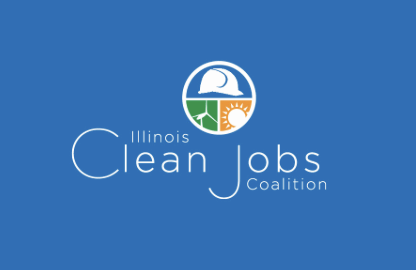Kudos to my climate friend, Charlotte, for getting an op-ed published in the local business press about Chicago leaving millions on the table by ignoring its energy benchmarking law.
Here’s the basic gist: in Chicago, about 70% of greenhouse gas emissions come from buildings. Since 2013, the Chicago Building Energy Use Benchmarking Ordinance has required buildings over 50,000 square feet to report their energy usage and emissions data to the city annually.
But the ordinance has never been enforced. That means the city is neglecting to collect millions of dollars in fines every year. And, of course, they’re also failing to collect high-quality data about our progress toward our climate goals and missing out on key opportunities to help folks learn about and implement about cost-saving and emission-cutting measures in big buildings.
So, a bunch of us have been advocating for the city to put money in the 2026 budget to hire an inspector in the Dept. of Environment who can enforce the ordinance. It’s common sense. Whether your main concern is a balanced city budget, averting the worst climate chaos, collecting high-quality data, or just plain old accountability and rule-following, getting the resources in place to enforce the benchmarking ordinance would be a win.
If you live in Chicago, you can use this template to contact your alderperson and tell them that you support enforcing the benchmarking ordinance.






